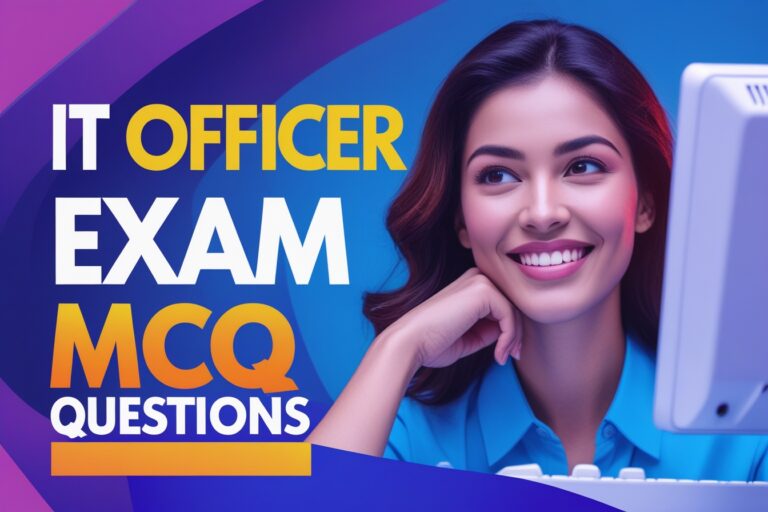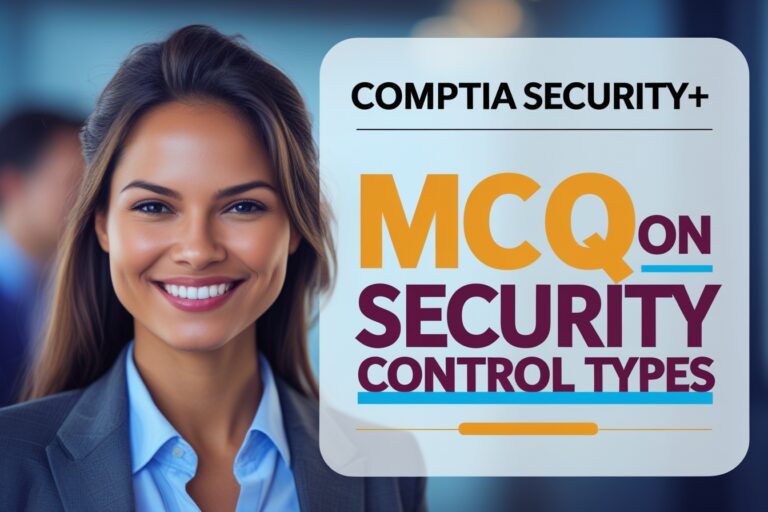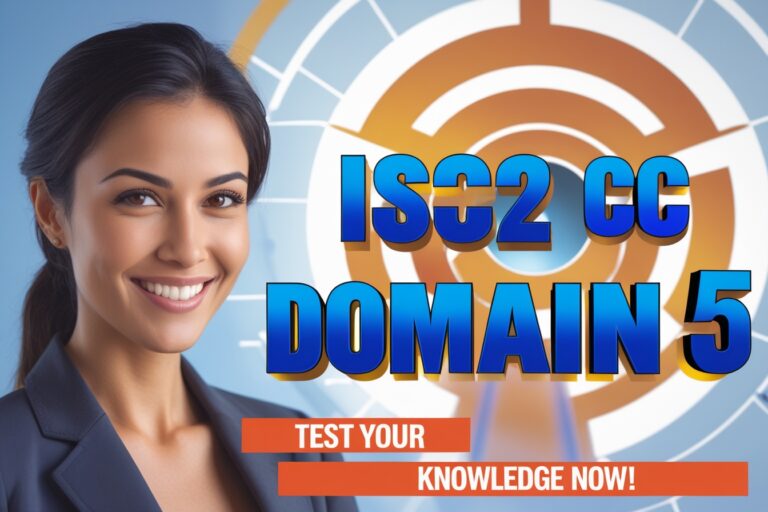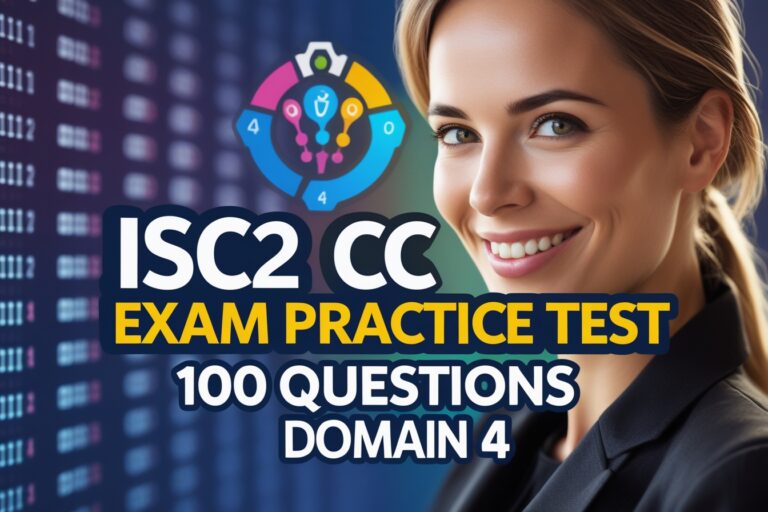1) Information systems that monitor the elementary activities and transactions of the organizations are
A. Management level system
B. Operational level system
C. Knowledge level system
D. Strategic level system
2) Decision support system involves all of the following types of analytical modeling activities except
A. What-if analysis
B. Sensitivity analysis
C. Goal-seeking analysis
D. Heuristics
3) Which of the following is not true of information
A. Information involves placing data in some form of meaningful context.
B. Information is produced as a by product of a transformation process
C. Information involves transforming data using a defined process
D. helps to reduce uncertainty, their by improving decision behavior
4) Assembling a product, identifying customers and hiring employees are
A. Transactions
B. Phases
C. Business process
D. Business functions
5) The …….. can help you choose a product
A. Office automation system
B. Management Information System
C. Transaction processing
D. Decision Support System
6) Which of the following individuals typically have less formal, advanced educational degrees and tend to process rather than create information?
A. Knowledge workers
B. executives
C. Systems analysts
D. data workers
7) Which computer based model is developed after human brain?
A. Fuzzy Logic
B. Neural Network
C. Virtual Reality
D. All of the above
8) More than one of the same component is an example of a …… system.
A. salable
B. redundant
C. RAID
D. backup
9) A system that responds to change in the environment and modifies its operation accordingly is known as
A. a deterministic system
B. a probabilistic system
C. an adaptive system
D. a closed system
10) Summary transaction data, high-volume data, and simple models are information inputs characteristic of a(n)
A. DSS
B. MIS
C. ESS
D. TPS
11) A storage device that is connected directly to a network is an example of …….
A. network-attached storage
B. storage area network
C. direct-attached storage
D. RAID
12) The value chain attempts to identify those activities which add value to
A. The organizations stakeholders
B. The senior strategic managers
C. The organizations shareholders
D. The customer or final user
13) Preparing short-term budgets in an example of a finance and accounting information system operating at the
A. Operational level
B. Management level
C. Knowledge level
D. Strategic level
14) A systems theory of organization sees the firm as a
A. network of resource flows
B. system transforming inputs into outputs
C. physical system managed by a manager using a conceptual system
D. All of the above
15) The major goal of the requirement determination phase of information system development is
A. determine whether the information is needed by an organization
B. determine what information is needed by an organization
C. determine how information needed by an organization can be provided
D. determine when information is to be given
16) On-line transaction processing is used when
i) It is required to answer random queries
ii) It is required to ensure correct processing
iii) All files are available on-line
iv) All files are stored using hard disk
A. i, ii
B. i, iii
C. ii, iii, iv
D. i, ii, iii
17) An example of information to support strategic management is
A. Business Intelligence system
B. Spreadsheet model of income projections
C. Electronic Document Management System
D. None of the above
18) Which type of software is focused on supporting communication, collaboration and coordination?
A. Groupware
B. E-business software
C. SCM software
D. CRM Software
19) Cybernetic system is the one which is
A. Self Monitoring
B. Self Controlling
C. Self Regulating
D. All of the above
20) When information and processing are spread throughout the organization via a network, we say the systems are …
A. dependent
B. reliant
C. distributed
D. self-supporting
Answers
1) A. Management level system
2) D. Heuristics
3) B. Information is produced as a by-product of a transformation process
4) C. Business process
5) D. Decision Support System
6) D. data workers
7) B. Neural Network
8) B. redundant
9) C. an adaptive system
10) B. MIS
11) A. network-attached storage
12) D. The customer or final user
13) B. Management level
14) D. All of the above
15) B. determine what information is needed by an organization
16) B. i, iii
17) A. Business Intelligence system
18) A. Groupware
19) D. All of the above
20) C. distributed






